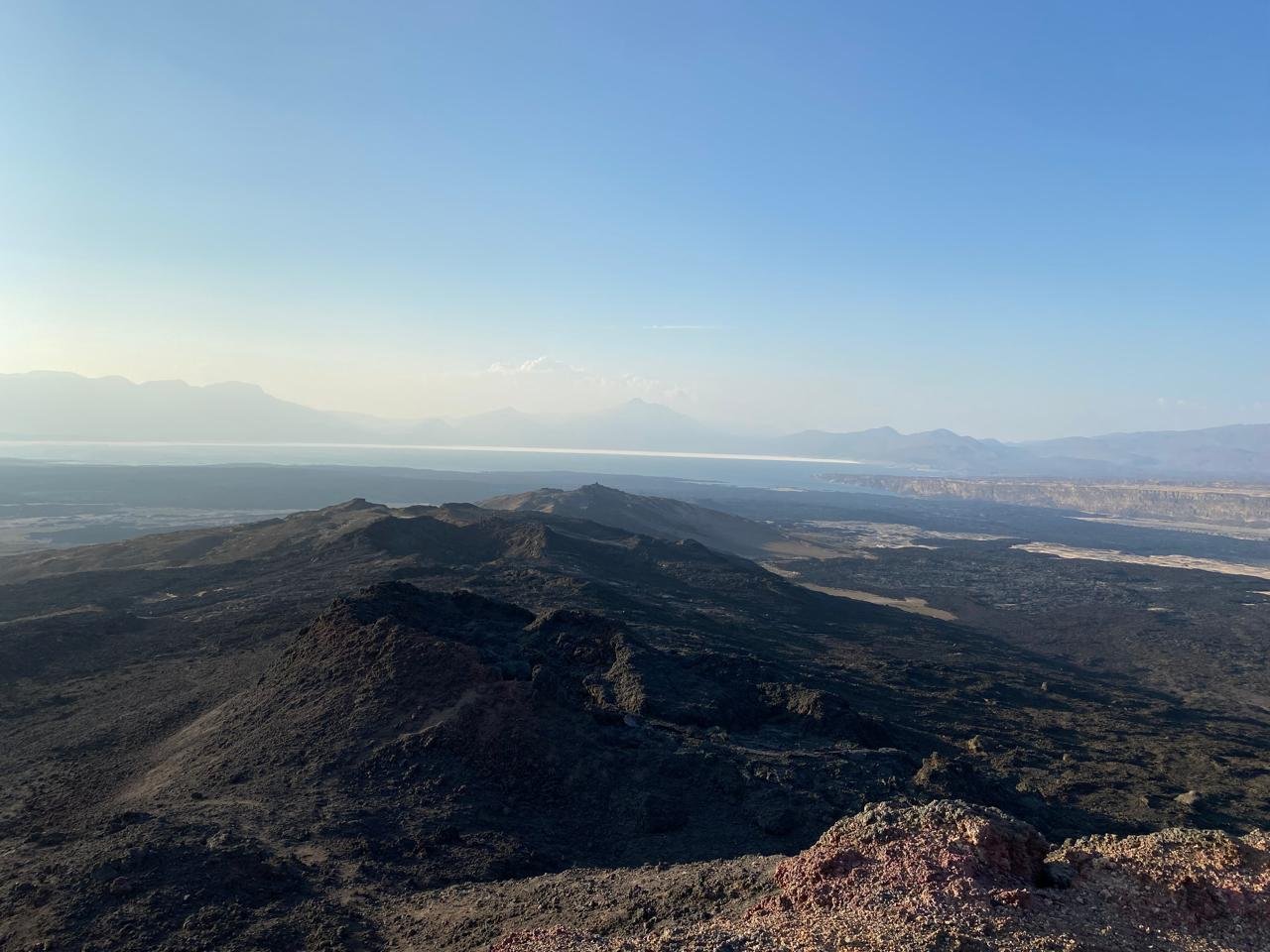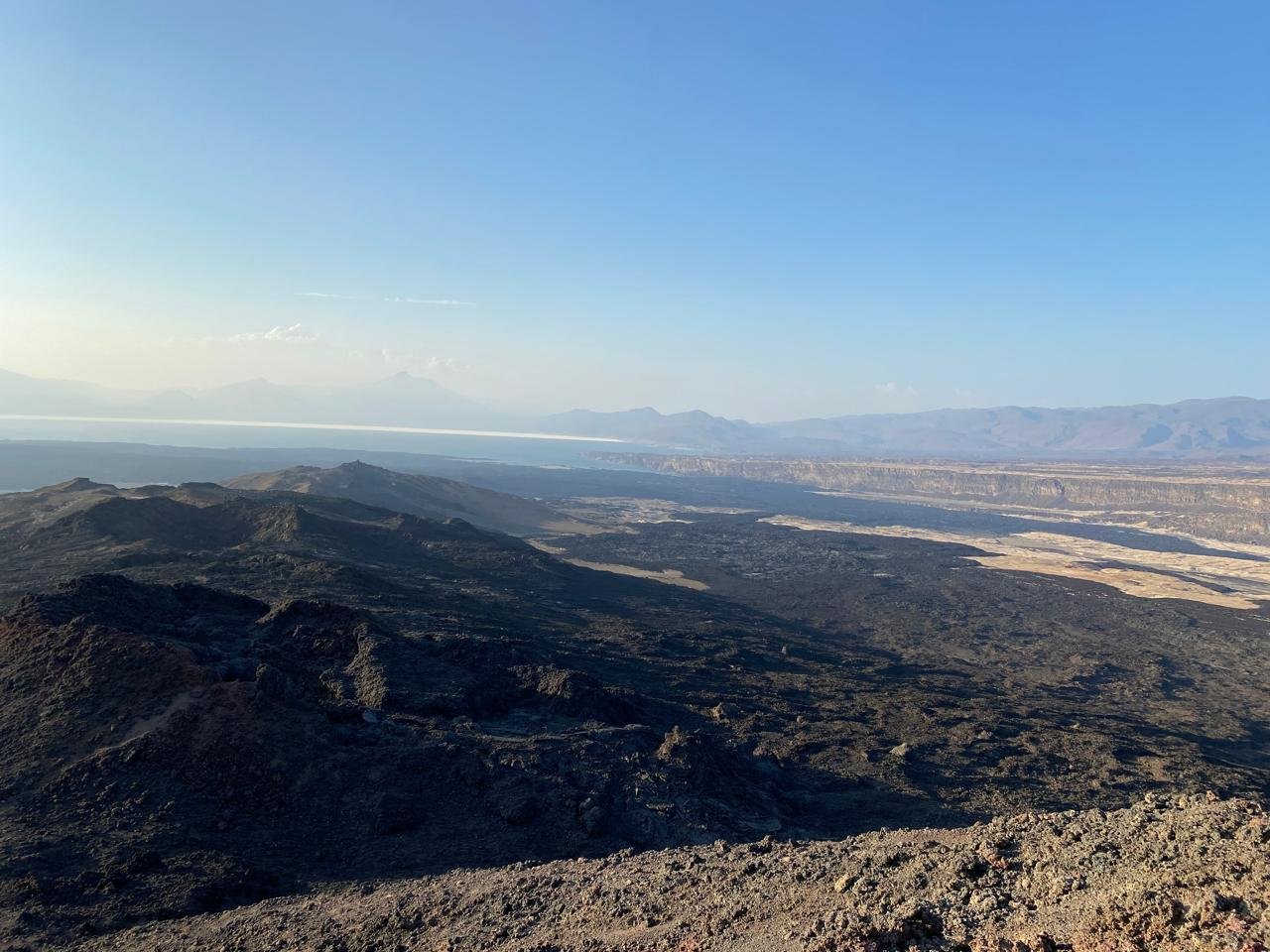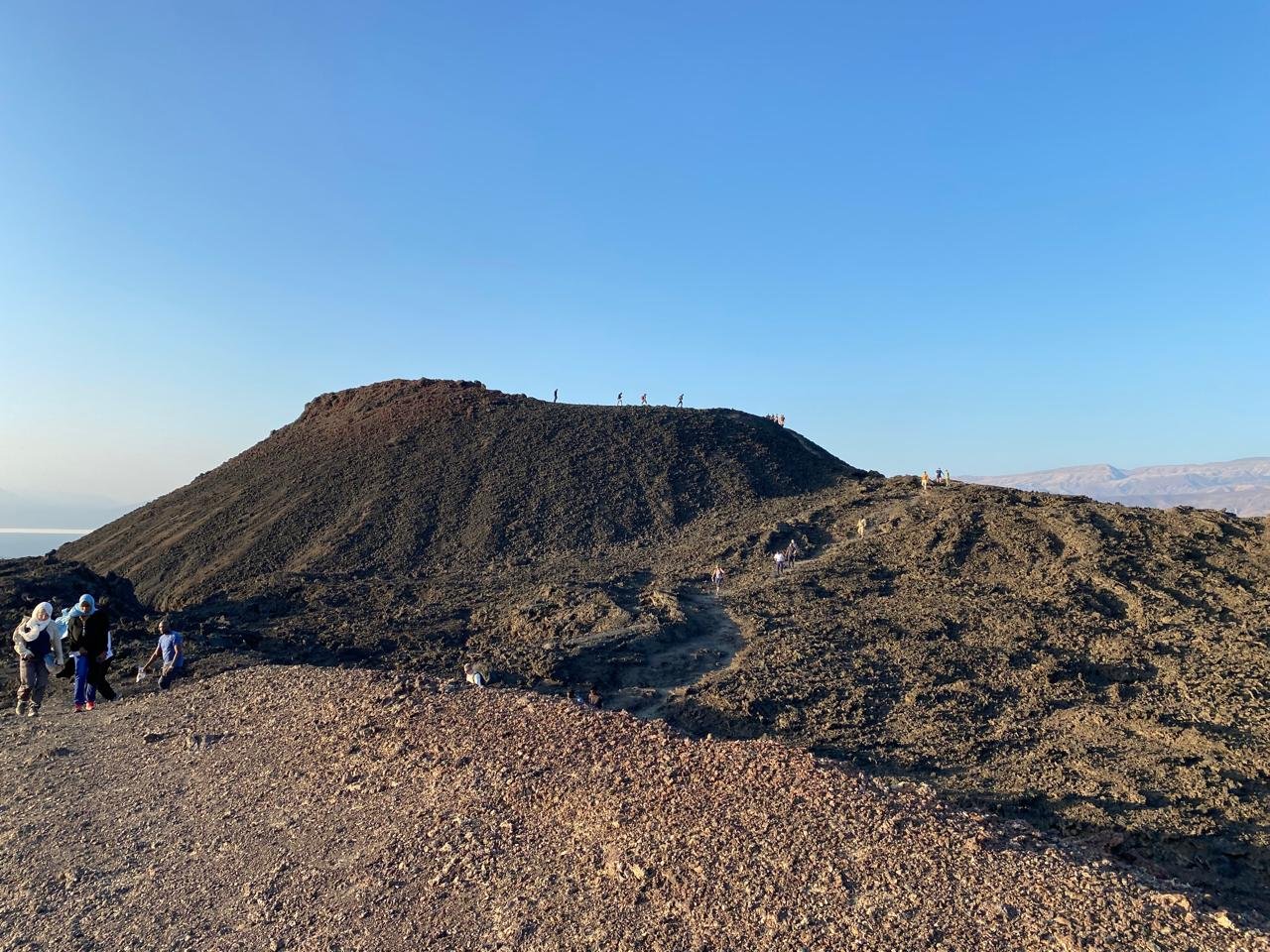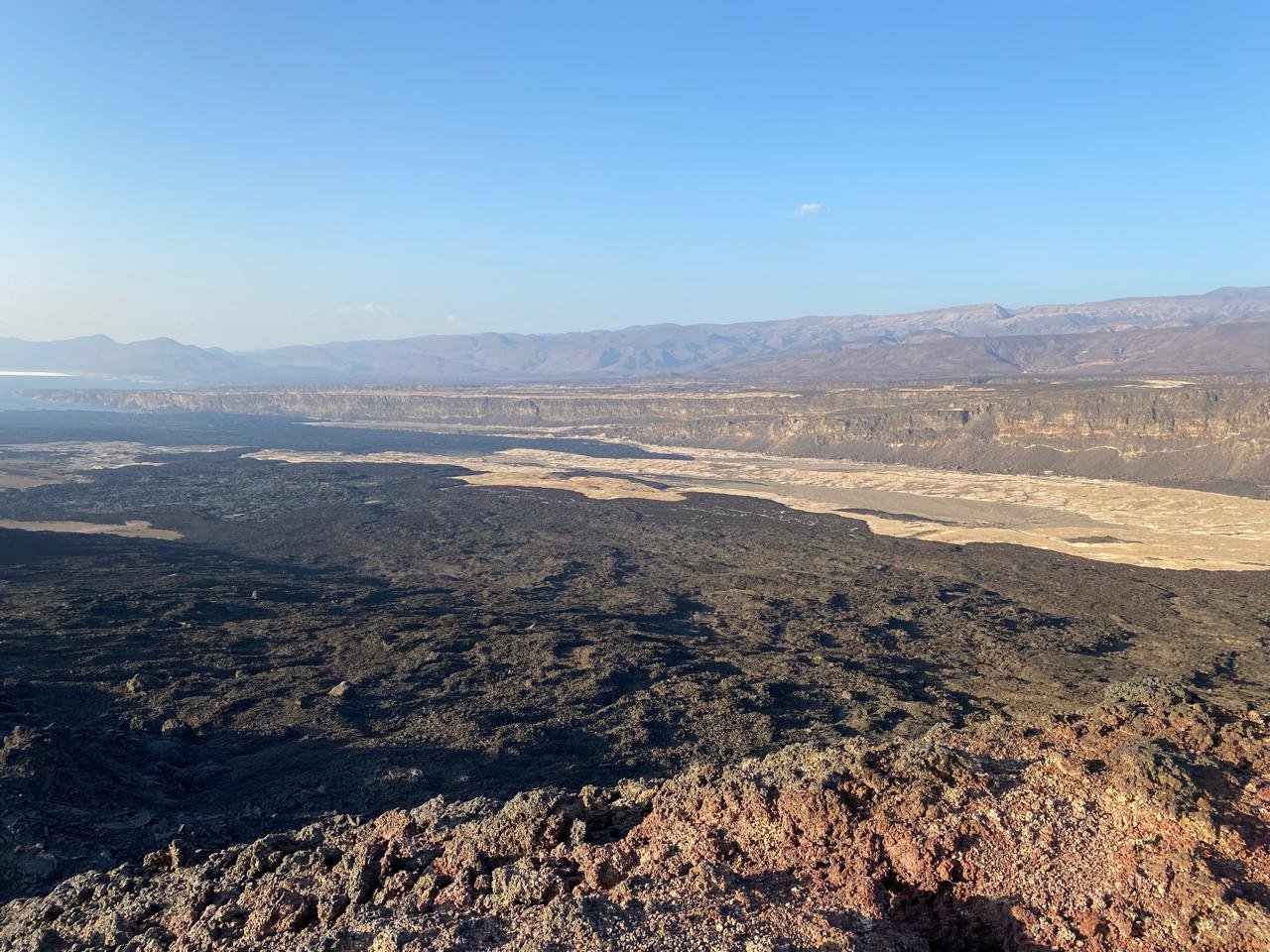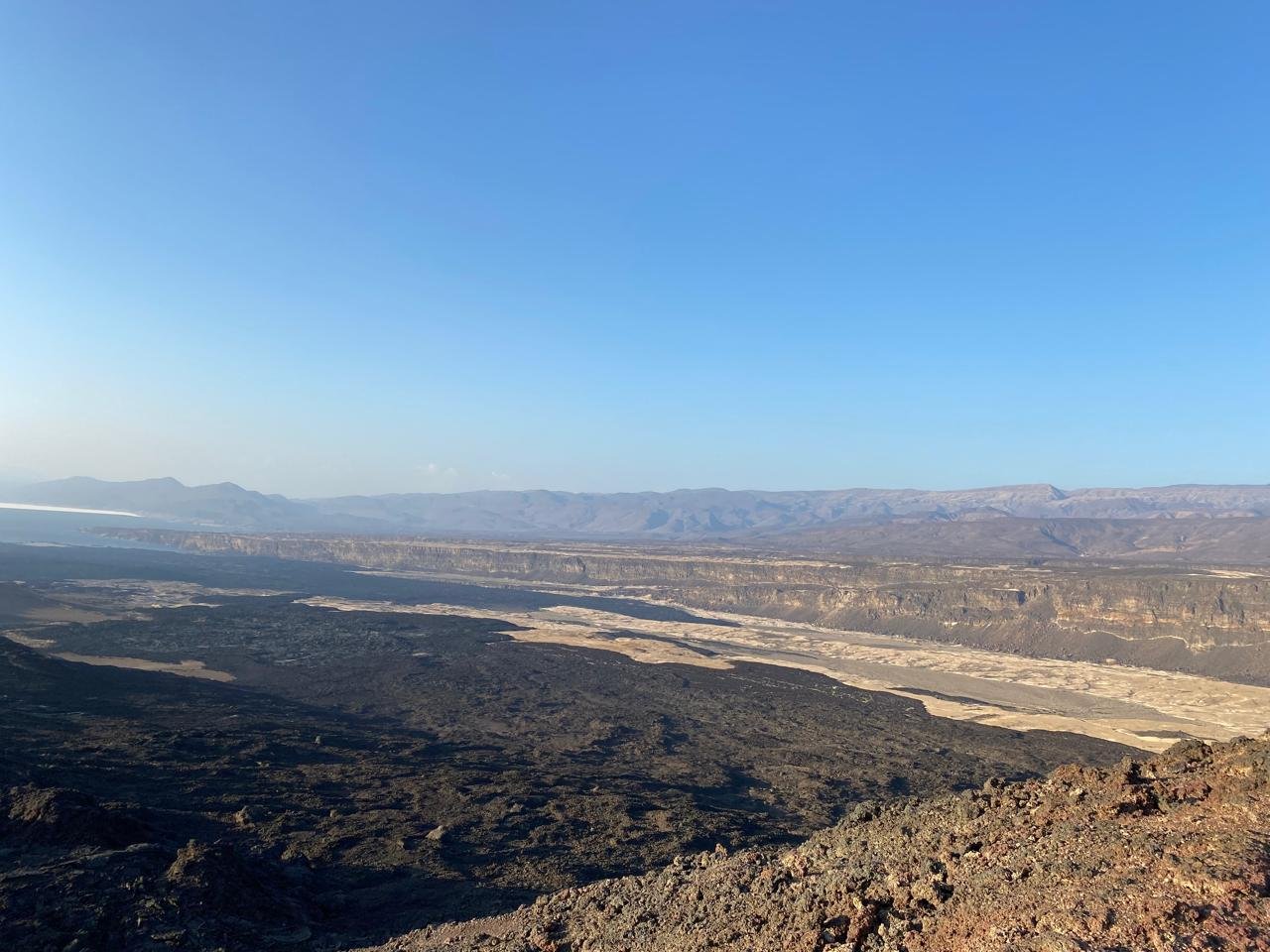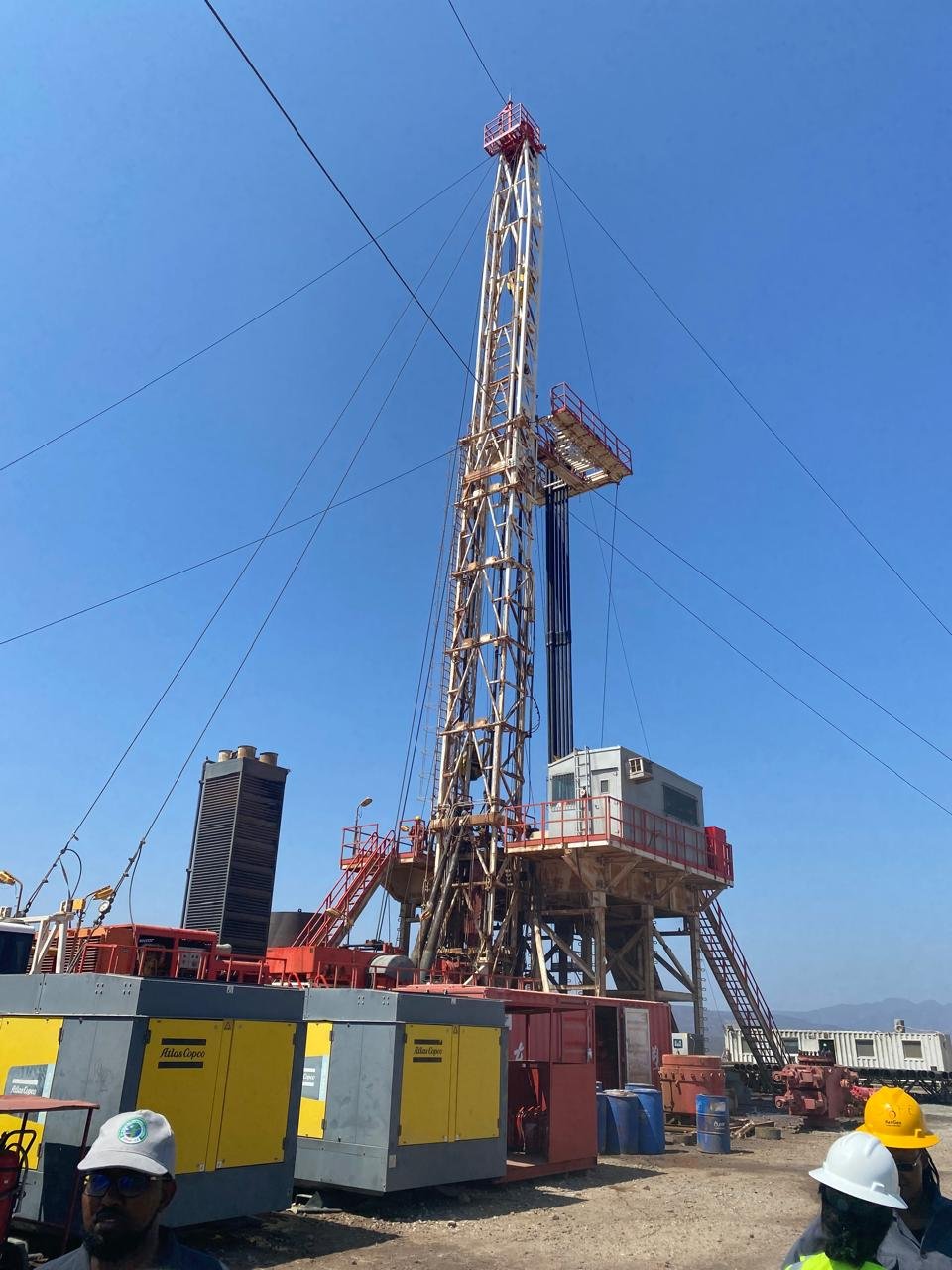
Geothermal energy in Djibouti
Geothermal energy in Djibouti holds significant potential due to the country’s location in the East African Rift System, a tectonically active area that is rich in geothermal resources. Djibouti has been exploring geothermal energy as a key part of its strategy to reduce dependence on imported fossil fuels and increase access to sustainable, renewable energy.
Key points about geothermal energy in Djibouti:
Lake Assal Geothermal Field: This is one of the most promising geothermal areas in Djibouti, located near Lake Assal, which lies in the rift valley. The area has been the focus of several geothermal exploration projects over the years.
Exploration and Development Efforts: Djibouti’s geothermal exploration started in the 1970s, with various international organizations and governments supporting these efforts. There has been renewed focus on the Lake Assal project in recent years, with funding and technical support from entities like the World Bank, African Development Bank, and bilateral partnerships with countries like Iceland and Japan.
Potential Energy Output: The Lake Assal geothermal field is believed to have a potential capacity of at least 50 MW of power, which could provide a significant portion of Djibouti’s energy needs. The country’s overall geothermal potential is thought to be much higher, with estimates suggesting up to 1,000 MW could be generated from geothermal resources.
Djibouti’s Energy Strategy: The government of Djibouti aims to make geothermal energy a cornerstone of its renewable energy strategy to meet the country’s growing electricity demand, reduce carbon emissions, and diversify energy sources. Geothermal power could help the country move towards energy self-sufficiency.
Challenges: Despite the potential, development has been slow due to financial, technical, and logistical challenges. Drilling geothermal wells is expensive, and the infrastructure required for harnessing and distributing geothermal energy needs significant investment.
With continued efforts, Djibouti could become one of the leading geothermal energy producers in the region, reducing its reliance on fossil fuels and enhancing energy security.
